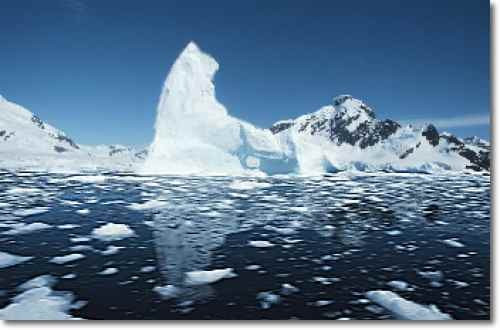‘Climategate’ Emails Leaked Again Ahead of Key Summit

The "climategate" controversy over leaked emails from climate scientists erupted again on Tuesday, just days ahead of U.N. Climate Change Conference in South Africa.
An anonymous source leaked emails from the University of East Anglia's Climatic Research Unit (CRU) online in November 2009, what experts said was an effort to damage U.N. climate talks in Copenhagen.
This time a source leaked 5,000 emails, suspected to be from the initial 2009 batch, that again portrayed CRU researchers as manipulating the science.
The leak comes just five days before delegates from nearly 200 countries will meet in Durban, South Africa where it is hoped a new collective global agreement on climate change will be made.
University officials could not confirm the validity of the emails due to the volume, but did issue a statement. "This appears to be a carefully-timed attempt to reignite controversy over the science behind climate change when that science has been vindicated by three separate independent inquiries and number of studies," the statement read on the university's web site.
The email release was widely seen as an effort to undermine the upcoming climate change summit, and many are already circulating on the blogosphere as "evidence" scientists involved in the Intergovernmental Panel on Climate Change (IPCC), the UN body in charge of advising governments, were not prepared to share information.
One email allegedly from Professor Phil Jones, director of the CRU, reads: "One way to cover yourself and all those working in AR5 would be to delete all emails at the end of the process."
"I also think the science is being manipulated to put a political spin on it which for all our sakes might not be too clever in the long run," another email allegedly states.
A statement from the university said many of the comments are taken out of context.
"While we have had only a limited opportunity to look at this latest post of 5,000 emails, we have no evidence of a recent breach of our systems," the statement read.
"These emails have the appearance of having been held back after the theft of data and emails in 2009 to be released at a time designed to cause maximum disruption to the imminent international climate talks," the statement continued.
Policy and communications director at the Grantham Research Institute on Climate Change and the Environment at the London School of Economics, Bob Ward, said the emails did nothing to undermine global warming science but should be investigated as a matter of urgency.
"The emails that have been highlighted by self-proclaimed climate change 'sceptics' do not raise any questions of substance that have not already been addressed by the independent inquiries into the original publication of hacked messages in November 2009.
"None of the inquiries found evidence of fraud or serious misconduct by climate researchers, but they did conclude that levels of transparency should be improved," Ward said.
The Independent's Environment Editor Michael McCarthy said the leaks do nothing to undermine the case for man-made global warming.
"We know that carbon dioxide is an important greenhouse gas, radiating back into the atmosphere the heat of the Sun - we have known it for more than a hundred years. No serious scientist disputes it. And we know, beyond any doubt, that CO2 emissions are soaring, not to say in runaway mode," he said in a comment column.
© Copyright IBTimes 2025. All rights reserved.





















